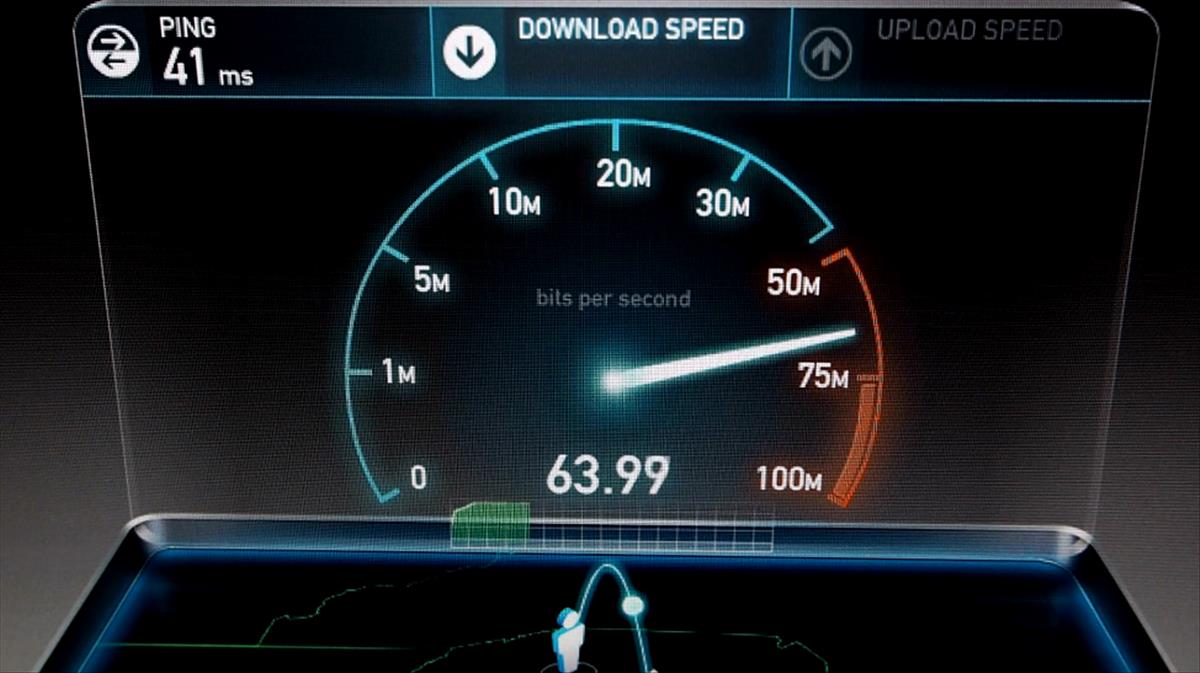
Facebook approved ethnic cleansing advertising in Kenya. Authorities are now threatening to shut down the social network if it does not effectively prevent it.
Kenya’s National Commission for Cohesion and Inclusion (NCIC) on Friday threatened Facebook with a temporary shutdown if the company does not stop hate speech on its network ahead of the August 9 election. Gizmodo reports on this.
The state commission is committed to peaceful coexistence between different ethnic groups and counteracts discrimination and conflicts between the 45 tribes in Kenya. After the 2007 elections in Kenya, serious unrest broke out in which an estimated 1,500 people were killed and hundreds of thousands were forced to flee. One response to this was the establishment of the NCIC.
Hate speech in advertising only objected to in English
Before the forthcoming presidential elections, efforts are being made in the East African country to promote a peaceful process this time. In this context, the human rights organizations Global Witness and Foxglove published a report on a test of Facebook’s protective measures on Thursday. To do this, they selected a total of ten real examples of hate speech that have been circulating in Kenya since 2007. Facebook only objected to the very explicit, problematic ads in the English version, albeit because of language deficiencies, not substantive deficiencies. After the required corrections were made, these were released, as were the corresponding advertisements in Swahili (which, like English, is an official language in the country).
“Facebook violated Kenyan law,” the NCIC told reporters, according to Gizmodo. This test underpins our own investigations. Facebook now has a week to get the problem under control. Just last week, Meta explained in a press release how they want to contribute to safe elections.
Following the NCIC ultimatum, the two human rights organizations, together with Facebook whistleblower Frances Haugen, made an appeal to Facebook on Friday. They called on the company to stop advertising until the end of Kenya’s general election on August 9 and to take similar protective measures as in the US after the storming of the Capitol on January 6, 2021.
(note)




